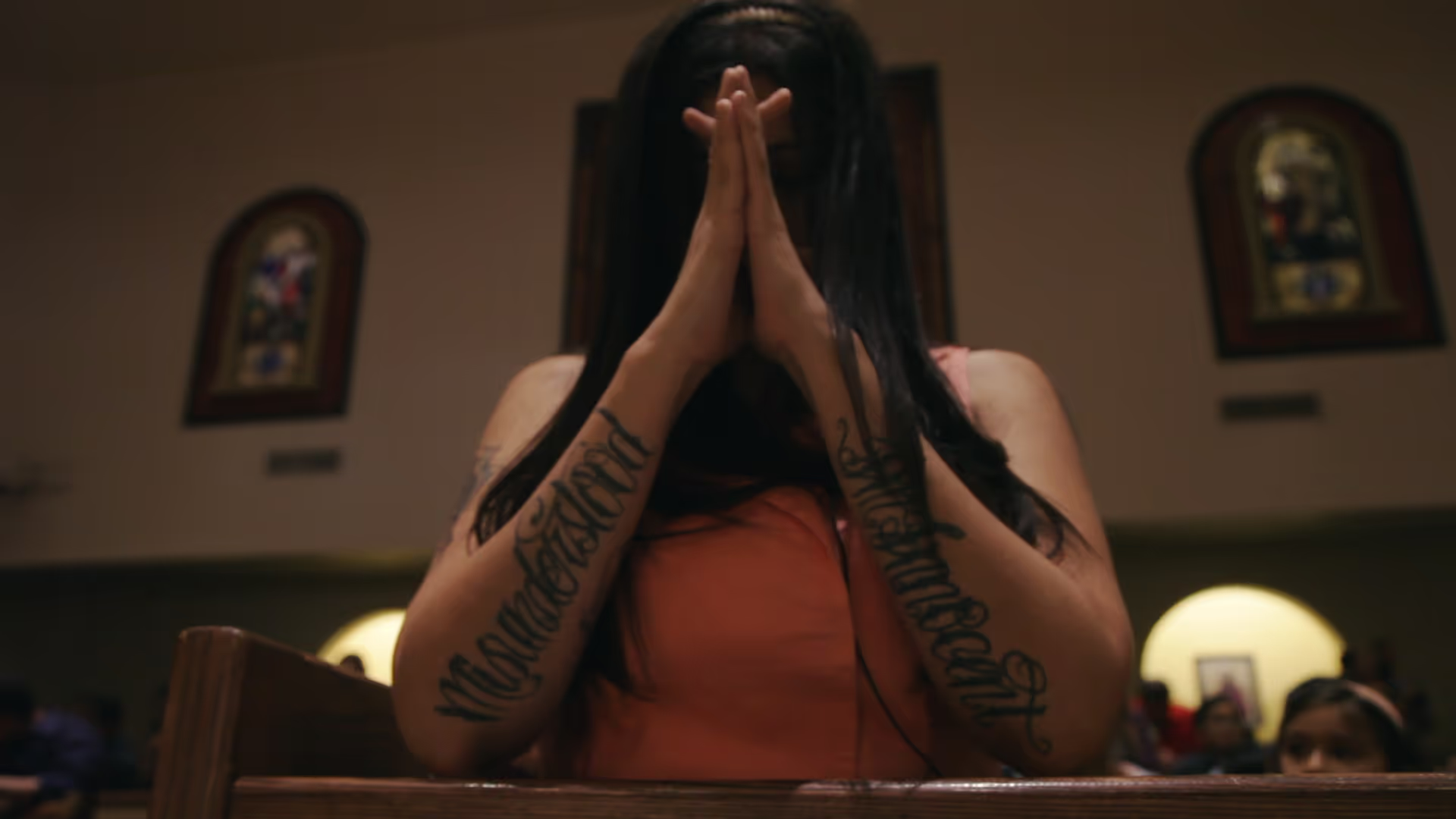Discussion Guide
Grades 6-8
Grades 9-10
Grades 11-12
On The Divide Discussion Guide Discussion Prompts
Discussion Prompts

PROMPT ONE: STARTING THE CONVERSATION
Immediately after the film, you may want to give people a few quiet moments to reflect on what they have seen. You could pose a general question (examples below) and give people some time to themselves to jot down or think about their answers before opening the discussion. Alternatively, you could ask participants to share their thoughts with partners before starting a group discussion.
- What moment or story in the film impacted you the most? In what way? Why
- What are some examples of things you learned from On the Divide?
- What about the film aligned with your beliefs about who gets abortions and why? What challenged your beliefs?
- What were some of the reasons people sought abortions in the film? What are some other reasons people may choose abortion?
- What are some examples of barriers to abortion care people in the film faced?
- Understanding that lack of abortion access can sometimes result in death, how can we recognize that abortion is a health issue rather than a political/ideological one?
- What were challenging moments for you to watch in the film? What was uplifting? Why?
- In what ways did On the Divide help you consider choice as a necessary component for survival?
FAITH AND ABORTION
- In what ways does faith influence individuals’ ideas with regard to abortion? Does this, perhaps, limit possibilities for considering abortion as a health issue?
- Were you surprised by anything you learned in regard to faith and abortion while watching On the Divide?
- Organizations like Catholics for Choice make clear that people of faith support abortion access because of their religious and moral values, not in spite of them. How does this expand limiting beliefs that all religious people are against reproductive justice?
- How are justice and Catholicism represented in the film? Did anything about this representation expand your thinking, resonate with you, and/or surprise you?
- How do you feel about the way Rey was treated by his church and community?
- How do you feel about how Mercedes was treated by the church community and pro-life community? And Denisse?
- What does choice mean to you?
ANTI-ABORTION ARGUMENTS
- How would you describe the relationship between Mercedes and Yolanda?
- How do “crisis pregnancy centers” and fake clinics harm patients? Can you point to examples in the film?
- Did any of Yolanda’s actions or things she said surprise you? In what ways?
- How does Yolanda represent the way that reproductive choice is politicized to create harmful circumstances for people seeking abortion?
- What are some ways anti-abortion activists organized and pushed their agenda in the film?
- What does the presence of security and clinic escorts teach you about the anti-abortion opposition? Were you surprised by their tactics? In what ways?
- How do you imagine the presence of protestors outside of clinics impacts the already challenging experiences of people seeking abortion?
- In what ways does On the Divide illuminate connections between abortion restrictions and systemic racism in the United States? What are some examples from the film that helped you understand this relationship?
- In the beginning of the film, Mercedes expresses that she is pro-life, but by the end of the film, she has shifted toward understanding why choice is necessary. Based on your viewing of the film, what experiences or factors shaped her trajectory?
- Did the transformation of Mercedes’s views change your views at all? How are abortion and access to other forms of reproductive health care connected?
- In what ways did Mercedes’s experience offer hope for people’s capacity to change their views? What do you think it takes for people to shift their thinking about reproductive rights?
MOVEMENT FOR REPRODUCTIVE JUSTICE
- What role did reproductive justice organizers play in the film? How did they show up and support individuals and the movement for reproductive justice?
- What are some of the tactics that South Texans for Reproductive Justice (STRJ) used to fight the opposition?
- Did you recognize any clear distinctions between the foundations in which the strategies of anti-abortion protestors and activists for reproductive rights were rooted?
- Based on what you saw in the film, what is required in order for people to have an actual choice? How could these needs be met?
- How would you describe the role of STRJ in the McAllen community?
- How would you describe the relationship between the members of STRJ and Rey?
- Understanding intersectionality as the ways different identities are directly harmed by interlocking systems of oppression, in what ways do these intersections (of identity-positions and oppressive systems) show up in the experiences of the people seeking abortion in the film?
- What would following the leadership of those most affected by abortion restrictions look like in your own communities? Which communities are most threatened by abortion restrictions?
- What is the role of allies, such as partners and fathers, in the pro-choice movement?
- How does intimate partner violence affect a person’s need for reproductive healthcare?
A VISION FOR THE FUTURE
- What would it mean for abortion to be truly accessable for all who need it in this country?
- In September 2021, Texas passed Senate Bill 8 (SB 8), which bans abortion upon any detection of fetal cardiac activity (approximately at six weeks) and allows anyone to sue abortion providers and others who aid a person in obtaining abortion care. Support for legislation such as SB 8 is growing in other states. In what ways does this bill, and others like it, create increasingly dangerous conditions for people seeking abortion access across the country? What might an organized resistance and response look like?
- What does your community need to do to grow support for abortion? What would healthy sex education and accessible health care look like in your community?
- Now that you’ve watched the film, what do you feel inspired to do? How can you help the movement for abortion?
